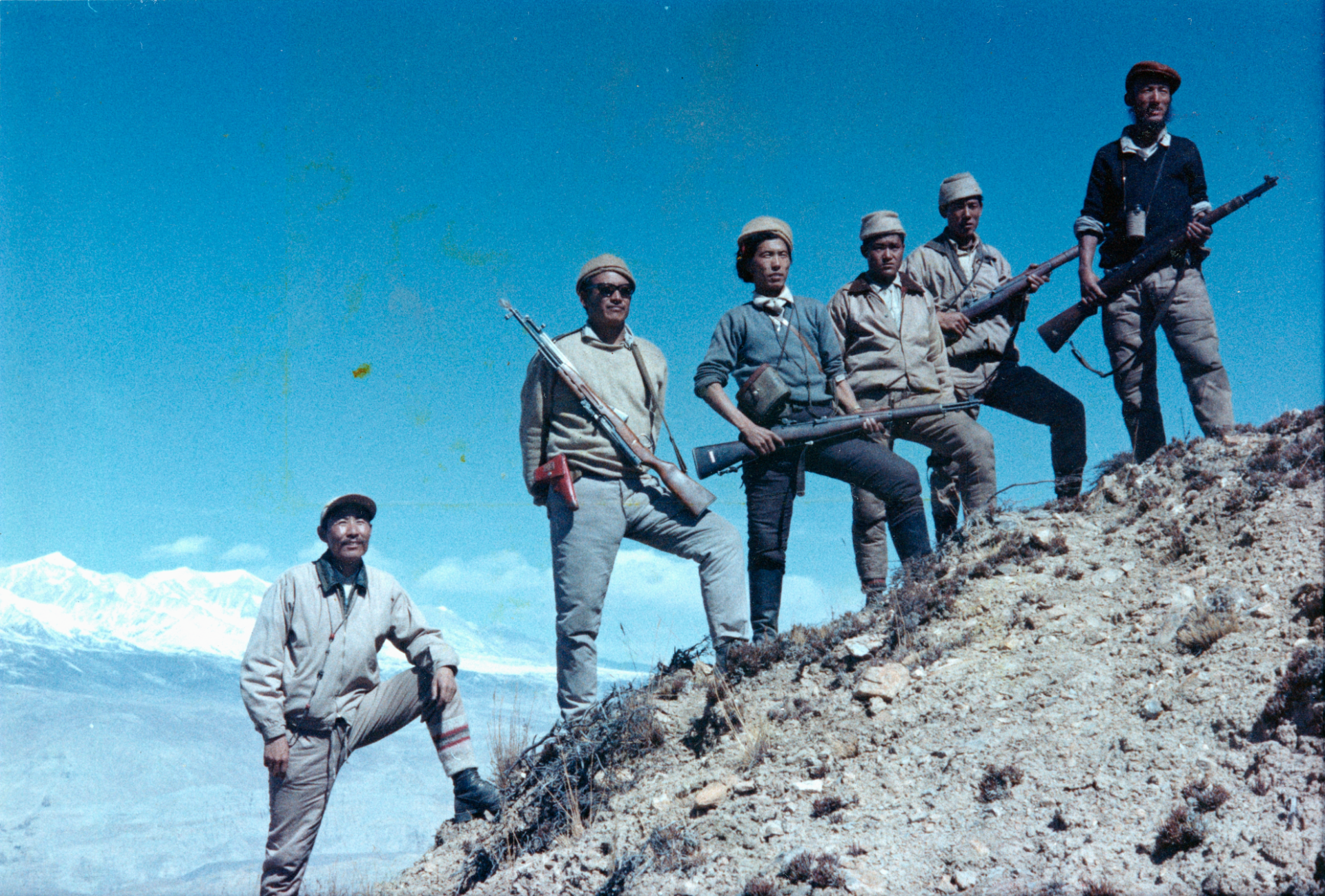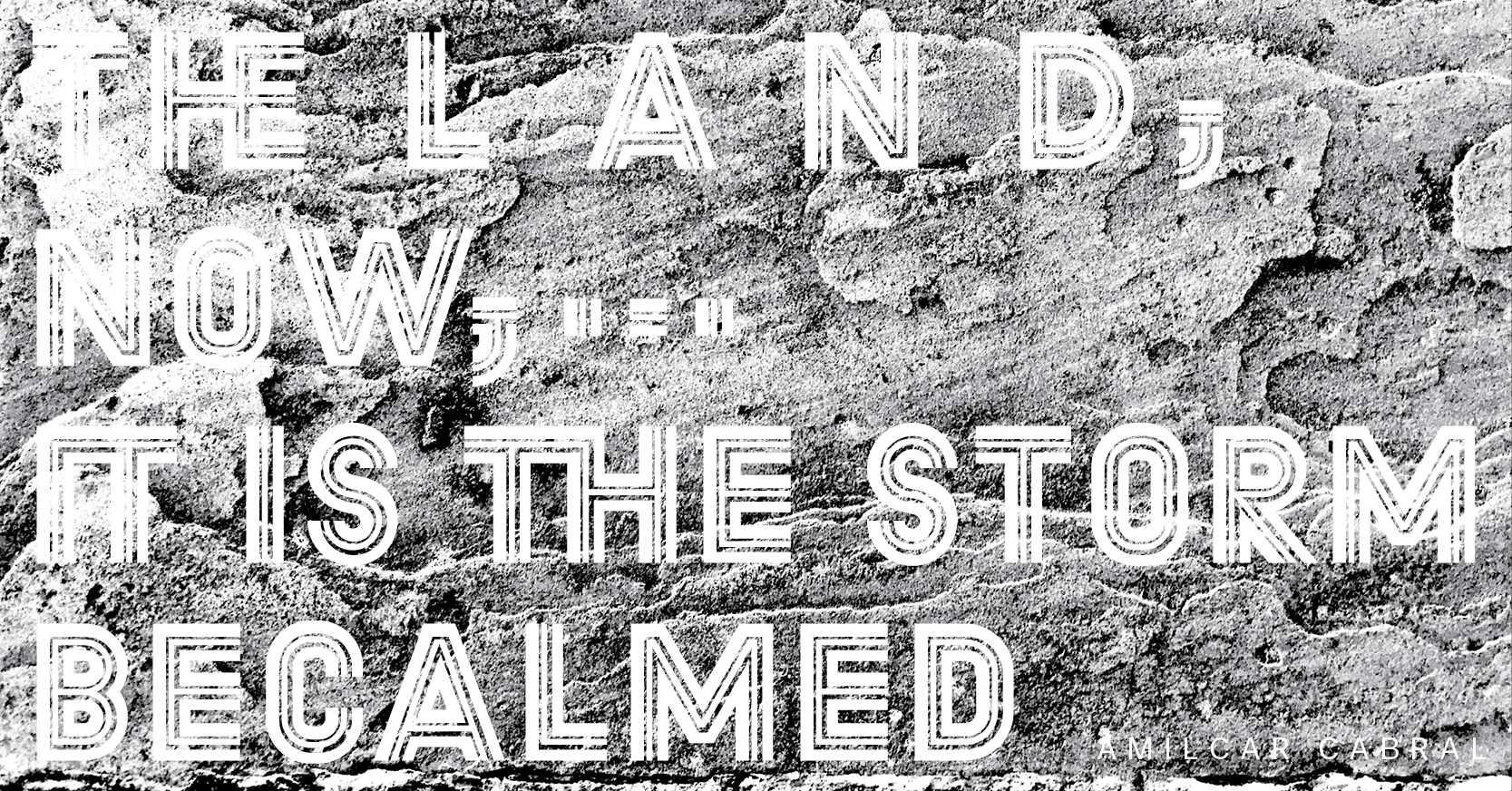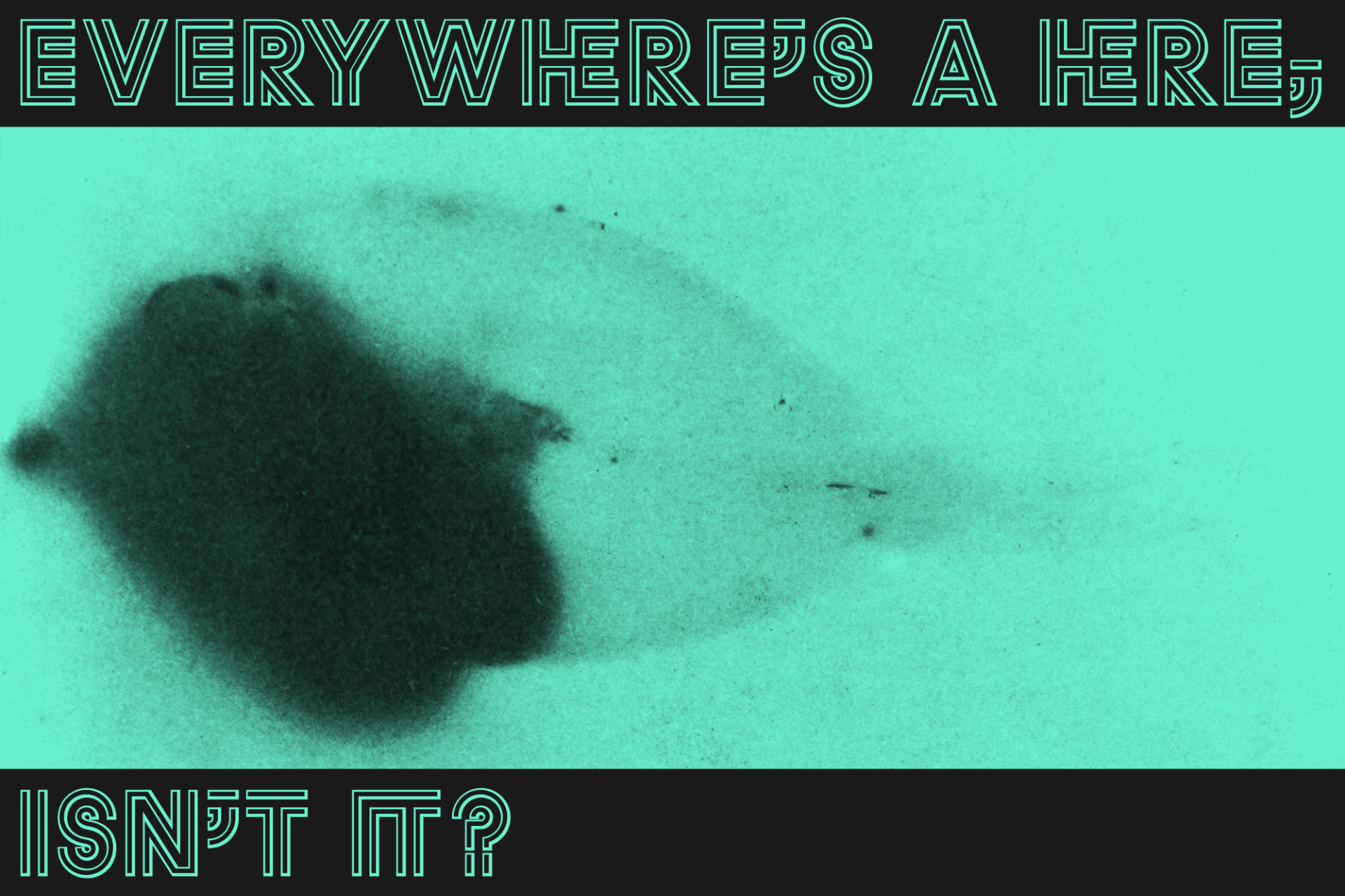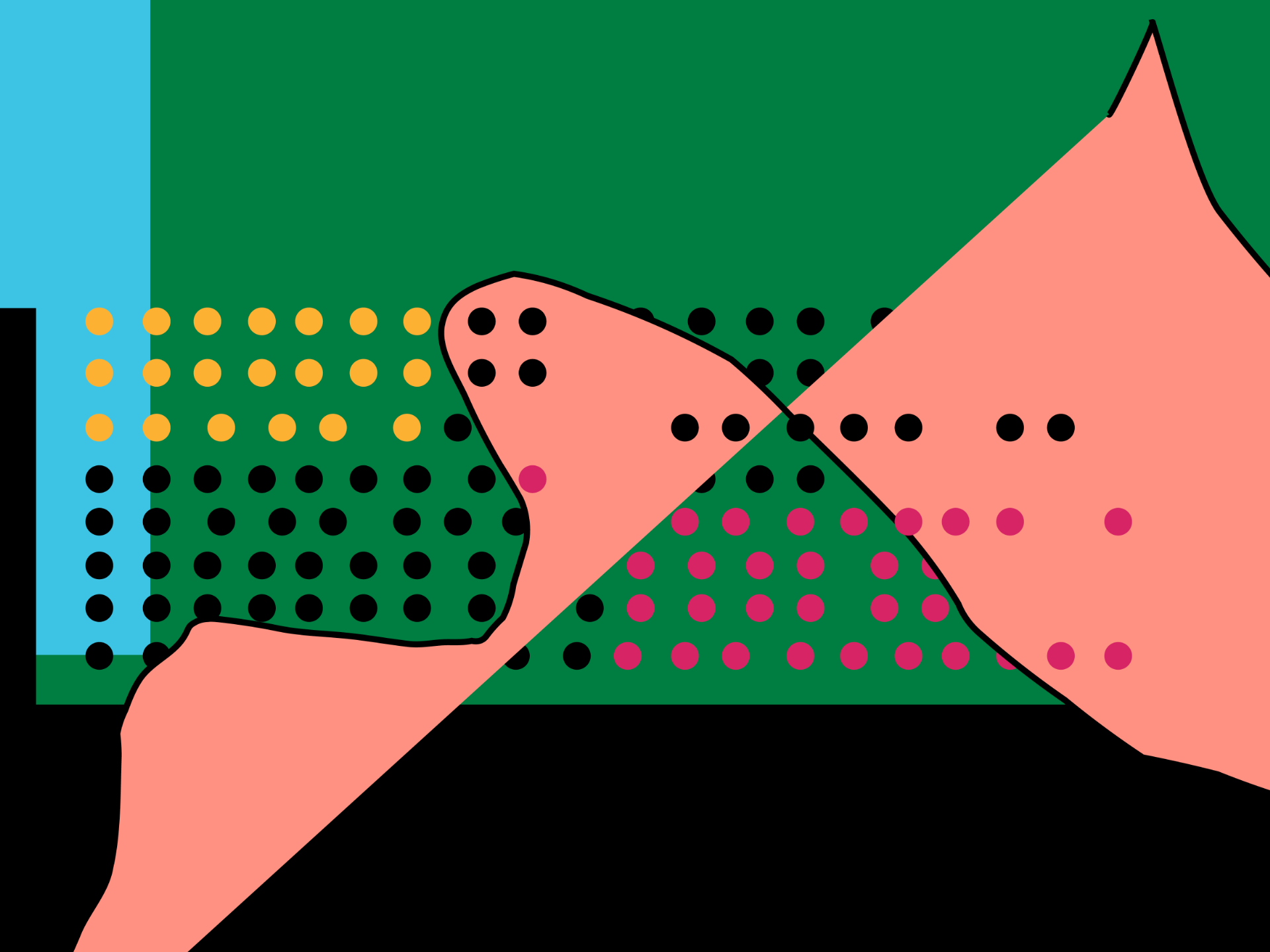The Invention of science
Research, discourse and exhibition programme In multiple chapters 2019–2020
SAVVY Contemporary’s programme in 2019 and 2020 is devoted to the exploration of the sciences, questioning the presumed universality of the scientific canon and challenging scholarly disciplines that have rarely been analysed from the perspective of post-colonial studies in order to gain an understanding of our current environment (both literally and as a metaphor) that may lead to new forms of living together.
Western modernity, rather than meaning the abandonment of the state of nature and the passage to civil society, means the coexistence of both the civil society and the state of nature separated by an abyssal line whereby the hegemonic eye, located in the civil society, ceases to see and indeed declares as nonexistent the state of nature.
THE INVENTION OF SCIENCE unfolds in the form of a research, discursive and exhibition programme in three chapters, referencing in its title V.Y. Mudimbe’s “Invention of Africa: Gnosis, Philosophy, and the Order of Knowledge”, where the Congolese philosopher demonstrates how the "idea" of Africa was constructed by the Western world. Similarly, we could claim, modern science has been imposing itself as the ultimate form of universal knowledge promoting the uniqueness of the West and its superiority, and appropriating the monopoly of the universal distinction between true and false. In “Beyond Abyssal Thinking. From Global Lines to Ecologies of Knowledges” Bonaventure de Sousa Santos presents Western modernity as a socio-political paradigm and writes about the epistemic violence perpetrated by the West against other forms of knowledges, developing an argument against moral and cultural imperialism and neoliberal globalization and the confrontation between scientific and non- scientific knowledges.
Through exhibitions, performances, discussions, readings, workshops, screenings and lectures, THE INVENTION OF SCIENCE will engage with scientific notions, looking into how land dispossession and new forms of agro-colonialism, of racism and imperialism, influence the unequal distribution of richness, resources, food and climate catastrophes.
We will begin with the monographic exhibition by filmmakers Ritu Sarin and Tenzing Sonam engaging with questions around diverse ecologies of the human mind, beyond the Western dualist paradigm of mind and brain, reflecting on sacrifice, impermanence, death and freedom. Also investigative science will be explored here through a personal analyses of CIA´s role and methods in the geo-politics of Tibet.
The programme will continue with a project exploring issues of land and agriculture, delving into the long-terms effects of neo-liberal policies on farming and seed-banking but also on reclamation struggles, dealing with feminist and indigenous movements. From there we will address how structural inequality on a global scale has produced a market of exchange that enables the global North to export, or “externalize”, dirty processes and hazardous materiality to the global South at the cost of uncalculated environmental risks and public health hazards on the receiving end.
An extension of these investigations will be a project exploring contemporary concepts and forms of cross– and trans-cultural psychoanalyses and psychiatry beyond a Western rationalization, but situated within the context of the coloniality and colonial subjugation, racialisation, patriarchal oppression and objectification. The project will deliberate on the different trajectories through which psychopathologies, especially but not limited to the non-Western examples, could be understood.
funding This project is funded by Hauptstadtkulturfonds and the Foundation for Arts Initiatives.

Please find the chapters of THE INVENTION OF SCIENCE below:




